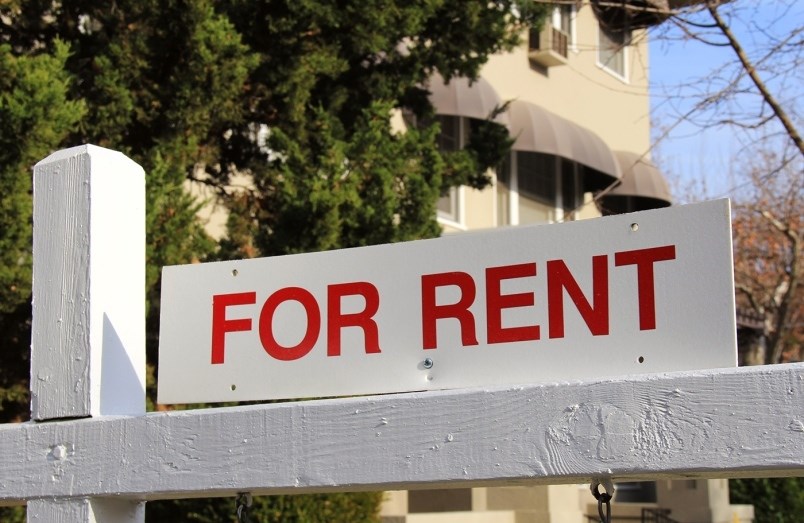A package of Town of Newmarket incentives aimed at encouraging a developer to designate affordable rental apartments in its development at Yonge Street and Davis Drive is on hold for now.
The large-scale housing development project at 175 Deerfield Rd., which is in the pre-construction phase, will feature 500 units on a 4.4-acre site that includes townhomes, condos and two high-density purpose-built rental apartment buildings.
Newmarket council at Monday’s committee of the whole meeting held off approving in principle a package of incentives worth just under $3 million for developer The Rose Corporation that would see the builder designate as affordable 32 apartments in its rental buildings.
This would be the first time the Town has been involved in providing such significant incentives to increase affordable rental housing options for Newmarket residents and there remains many unknowns, Mayor John Taylor said.
“As enthusiastic as I am about this (affordable housing), to have 32 units with a somewhat reduced or subsidized level, there’s a fairly potential significant cost to the Town,” Taylor said. “...we’re starting to step into an area that was originally provincial jurisdiction, then it became somewhat regional and provincial.”
“Is that money getting the best value it can get? If we were going to spend X number of dollars, and if it is just about those units, is that the best way for us to incent or create (affordable rentals)? What happens if we took $2 million or $3 million and provided land to somebody and said, ‘Build a not-for-profit building here with a tower of units’. Can that still be looked at further? Or, are we creating a very high level of expectation that this is now on the table for this development?”
According to a staff report, the developer requested an incentive known as a Tax Increment Equivalent Grant (TIEG) for the rental buildings for a span of 10 years, which is projected to cost the Town $2.7 million.
The staff report recommends deferring fees and locking in development charges for the rental buildings at the current rate if and when approved by council. The value of the development charges to the Town are $7.162 million.
The TIEG would allow the developer to pay only the original pre-development property tax in the first year for a 100 per cent discount on the increased value, and successively 10 per cent less of a discount every year until the full property tax value is paid in the tenth year following the completion of the project, stated the report.
This type of grant is particularly valuable to rental projects, for example, because of the assistance it provides in the long-term financial forecasts that are more important to rental development than condo sales, the staff report states.
Town planner Ted Horton said the intent in council approving these incentives is that it provides certainty for the applicants that they are entering into agreements to provide the benefits that are tied to them.
“We’re not at a stage where that needs to be finalized today, rather we can come back with a discussion,” Horton said. “If (incentives) are integral for the project to move forward, or if this was to be removed and similar dollars put into other programs, could it achieve greater gains of affordability elsewhere.”
Taylor also expressed concern about the administrative mechanism by which potential tenant eligibility would be determined.
Horton said an eligibility test would need to be developed, but that Housing York’s system, for example, “is for a deeper level of affordability so their waiting list would not provide for persons who have the means to afford even this level of affordability”.
But it’s not the Town’s intent to create a new administrative apparatus, he added.
“We would want to ensure that whoever is benefitting from these programs that the Town is investing in are eligible based on financial need,” Horton said.
The staff report stated that when the proposed development at 175 Deerfield Rd. is completed, it would have a value of $191 million and the Town would see property tax revenue in the first year of $654,000.
If the developer incentives are approved, the first rental building could be open in 2021 and begin accepting tenants in 19 affordable units.
Quick facts on Newmarket’s housing situation:
- Newmarket has 5,875 renter households, compared to 22,795 ownership households;
- Much of Newmarket’s rental stock is provided by small-scale private rentals. These include renting an entire home, an accessory dwelling unit (ADU), a unit within a low-rise development such as a duplex or triplex, or a room within a home;
- The Town’s registry of ADUs includes 1,340 units and;
- Newmarket has an insufficient supply of rental housing. Rental vacancy rates in the past two decades have hovered between 0.7 per cent in 2001 to 1.6 per cent in 2012 and 1.3 per cent in 2017, well below the 3 per cent that is generally regarded as an indicator of a healthy market.



